
Fortnite

Grand Theft Auto: San Andreas

Minecraft

FIFA Soccer

Grand Theft Auto: Vice City

Grand Theft Auto III

Poppy Playtime Chapter 1

Poppy Playtime Chapter 2

Magic Tiles 3

Scary Teacher 3D

Subway Surfers

Geometry Dash

Among us

slither.io

Temple Run 2

Stickman Hook

Toca Life World

Moto X3M Bike Race Game

Garena Free Fire: Winterlands
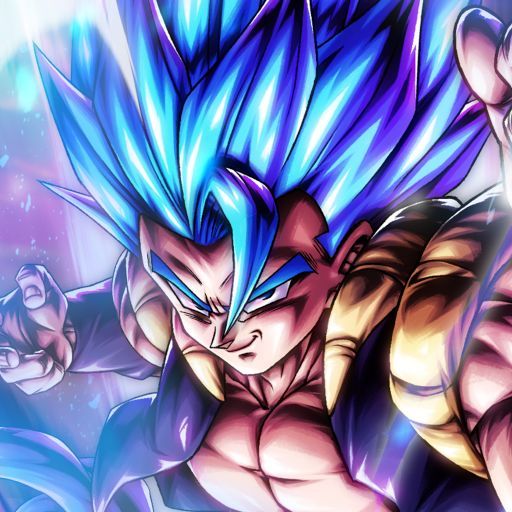
DRAGON BALL LEGENDS

Candy Crush Saga

Call of Duty Mobile

Bloons TD 6

CSR 2 Realistic Drag Racing

Hay Day

Plants vs. Zombies
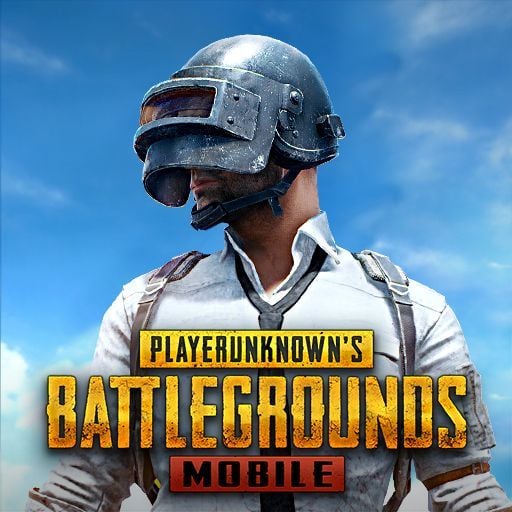
PUBG MOBILE

Hitman Sniper
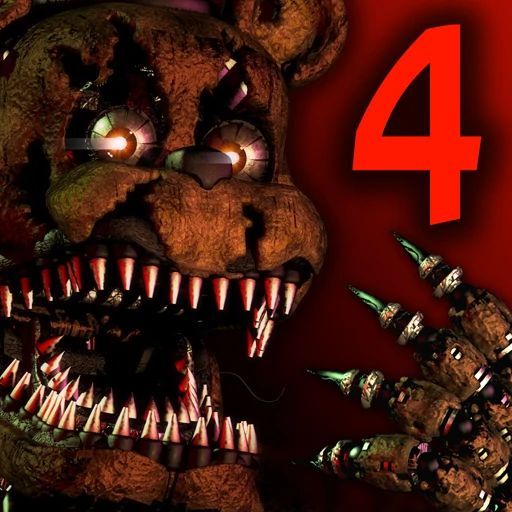
Five Nights at Freddy’s 4
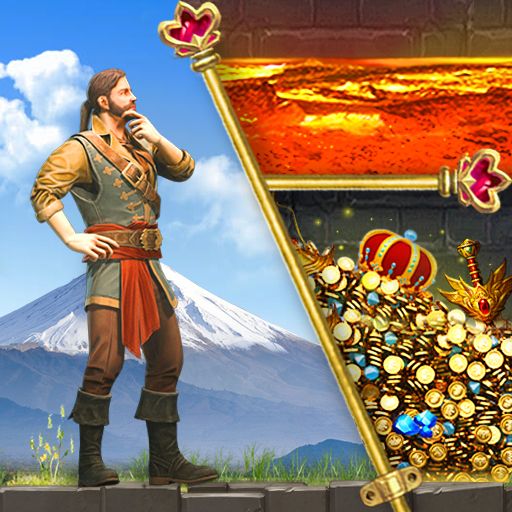
Evony: The King’s Return

Need for Speed Most Wanted

Need for Speed No Limits

Five Nights at Freddy’s

Super Mario Run
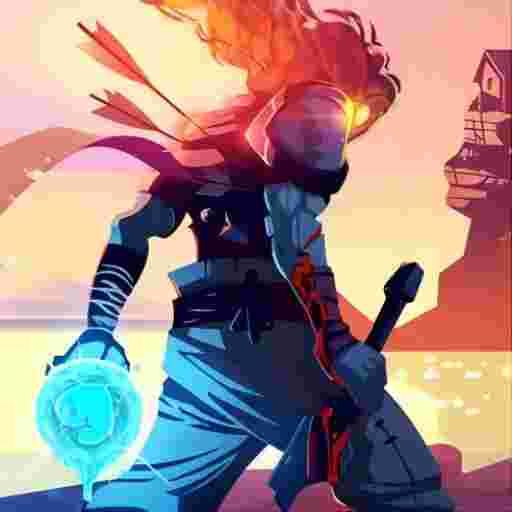
Dead Cells
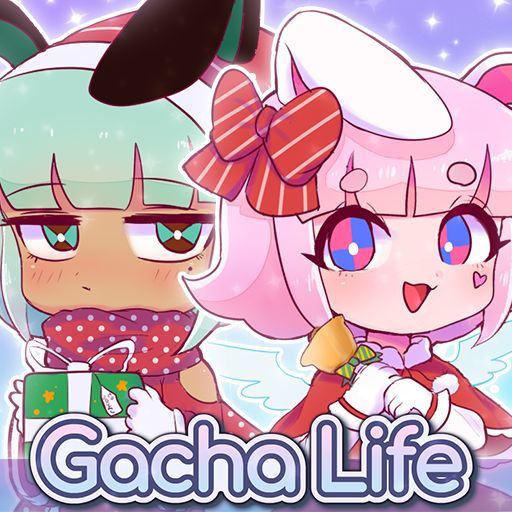
Gacha Life

Pokémon GO

Township

Plants vs. Zombies 2

Tiles Hop: EDM Rush!

Granny 3

Talking Tom Gold Run
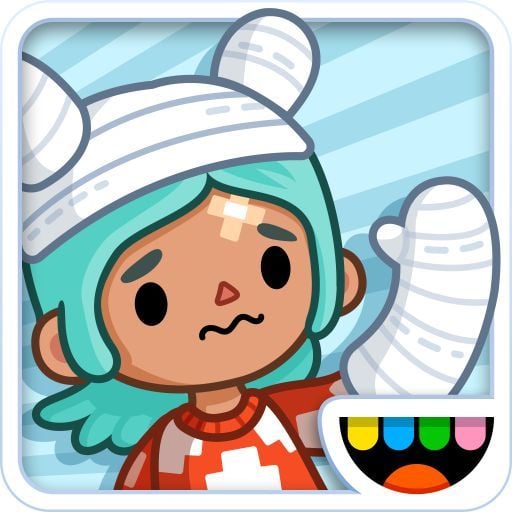
Toca Life: Hospital

Sonic Dash
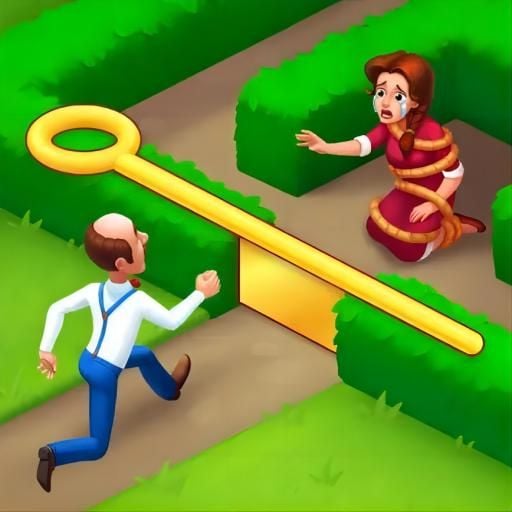
Gardenscapes

Five Nights at Freddy’s 3

Five Nights at Freddy’s 2

Candy Crush Soda Saga

Clash of Clans
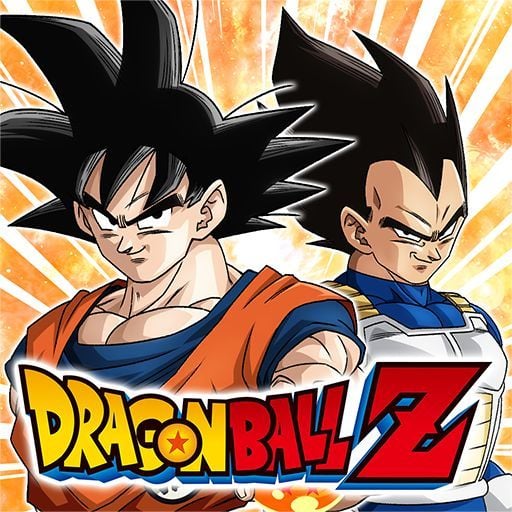
DRAGON BALL Z DOKKAN BATTLE

League of Legends: Wild Rift

Pokémon GO
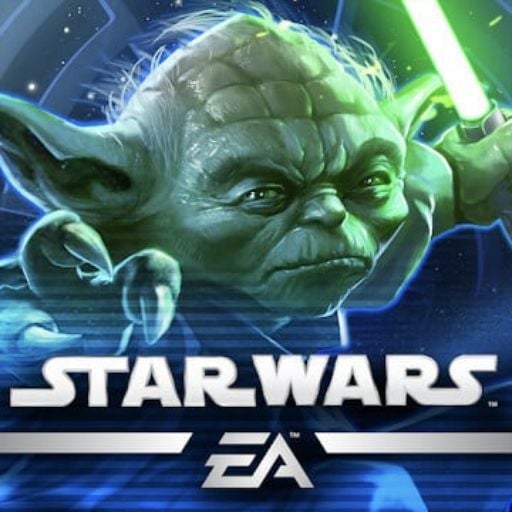
Star Wars™: Galaxy of Heroe

Asphalt 9: Legends

Bubble Witch 3 Saga

Geometry Dash

Hill Climb Racing

Hill Climb Racing 2

Mafia City

Star Trek™ Fleet Command
Advertisement

Disclaimers. The mobile game and app download address is from the official app marketplace of iOS App Store and Google Play. It has been checked for security and does not contain viruses or malware.
Platform:
File Size:
Current Version:
Updated Time:
Developer:
Content Rating:
Star Wars: Hunters, a team-based multiplayer game set in the iconic Star Wars universe, has generated significant excitement among fans. However, alongside its release, a storm of controversy has emerged over its microtransaction system. Players have raised concerns about the impact of these mechanics on gameplay, balance, and overall enjoyment. This article delves into the specifics of the microtransaction model in Star Wars: Hunters, its implications for player experience, and possible solutions to the issues at hand.
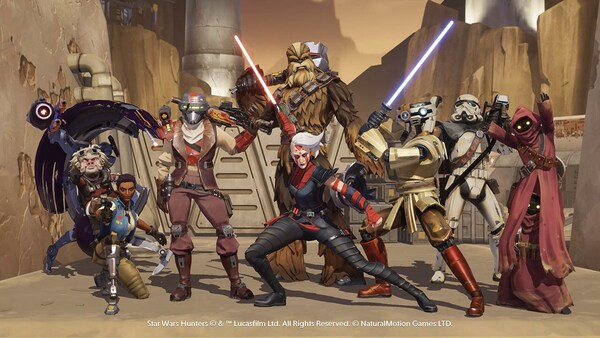
Star Wars: Hunters employs a microtransaction system that allows players to purchase in-game currency, cosmetics, and even character unlocks. This model is not uncommon in modern gaming, but it raises questions about the balance between free-to-play (F2P) and paying players.
Microtransactions are typically divided into two categories: cosmetic items and pay-to-win (P2W) elements. Cosmetic items, such as skins and emotes, generally do not affect gameplay. However, when microtransactions provide competitive advantages, the game risks alienating its F2P player base.
The presence of pay-to-win mechanics, where players can purchase stronger characters or equipment, can lead to significant disparities in gameplay. In *Star Wars: Hunters*, players have reported instances where spending money grants access to characters or enhancements that significantly improve performance in matches.
This not only frustrates players who prefer to grind for their characters but also undermines the competitive integrity of the game. When success is tied to financial investment, it diminishes the sense of achievement that comes from mastering gameplay mechanics.

The introduction of microtransactions can disrupt game balance. In Star Wars: Hunters, characters with unique abilities or advantages can be acquired through purchases, leading to situations where paying players dominate matches against those who don’t spend money.
This imbalance creates a perception of unfairness, where skill becomes secondary to financial investment. Players may feel discouraged from engaging with the game, leading to a potential decline in the overall player base.
Community feedback has been vocal about concerns over balance issues. Players have taken to forums and social media to express their dissatisfaction with the perceived gap between paying and F2P players. The outrage is fueled by the belief that everyone should have a fair chance to succeed based on skill and strategy, not financial capability.
Microtransactions can significantly impact the overall player experience in Star Wars: Hunters. While cosmetic items may be accepted by the community, the introduction of competitive advantages can lead to frustration and dissatisfaction.
Many players invest time in learning characters and mastering gameplay, only to be met with opponents who have gained advantages through monetary investment. This creates a frustrating cycle that can deter players from enjoying the game.
The microtransaction model often creates a divide between casual and competitive players. Casual players may enjoy the game at face value but feel discouraged by the competitive elements that favor paying players. Competitive players, on the other hand, may find the imbalance demoralizing as they strive for victory against opponents who have access to stronger characters.
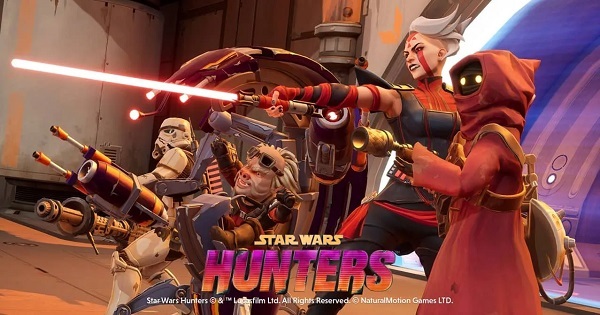
Addressing the microtransaction controversy in Star Wars: Hunters requires thoughtful changes to ensure a balanced and enjoyable experience for all players.
One potential solution is to restrict microtransactions to cosmetic items only, ensuring that no competitive advantage is offered for monetary investment. This approach maintains the integrity of gameplay while allowing players to customize their experience.
Another solution is to implement a fair progression system that allows F2P players to earn strong characters and upgrades through gameplay. Offering rewards for completing challenges, achievements, or seasonal events can provide incentives for players to engage with the game.
The microtransaction system in Star Wars: Hunters has sparked significant controversy, highlighting the delicate balance between monetization and fair gameplay. As the community voices its concerns, the developers have an opportunity to re-evaluate their approach and make changes that prioritize player experience. By focusing on fair progression and ensuring that microtransactions do not disrupt game balance, Star Wars: Hunters can maintain its appeal and keep its player base engaged.